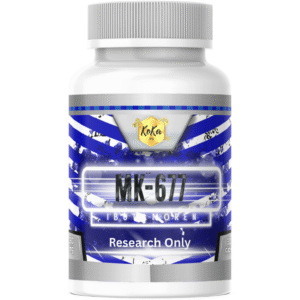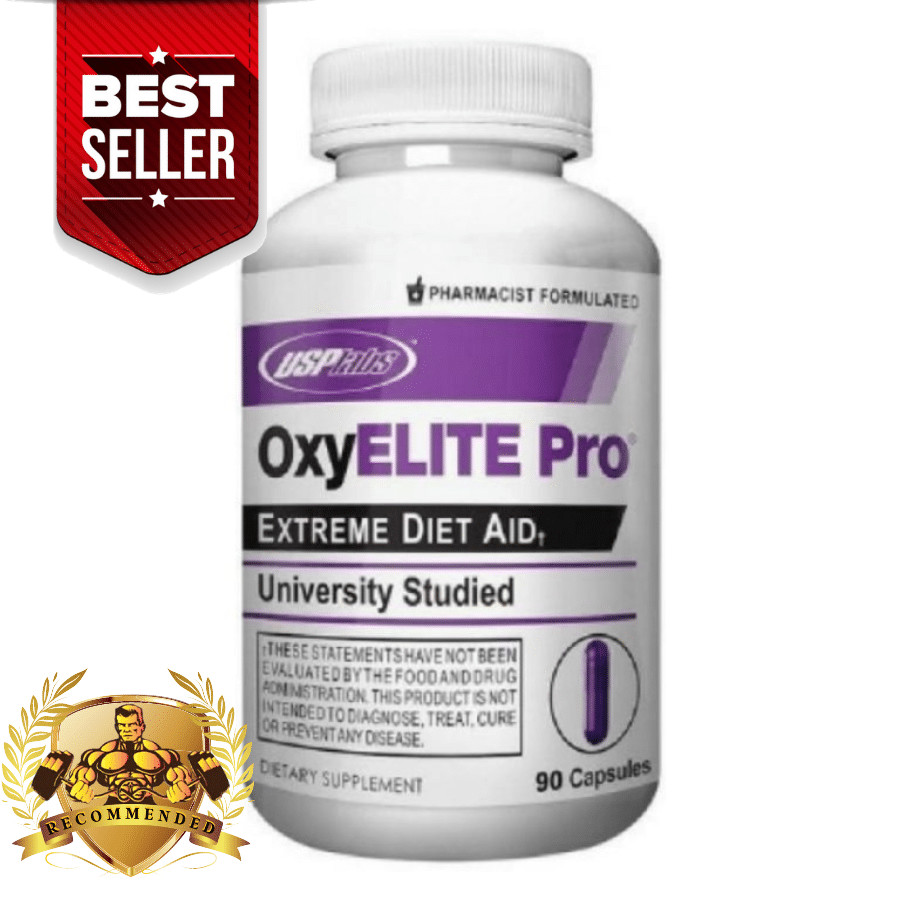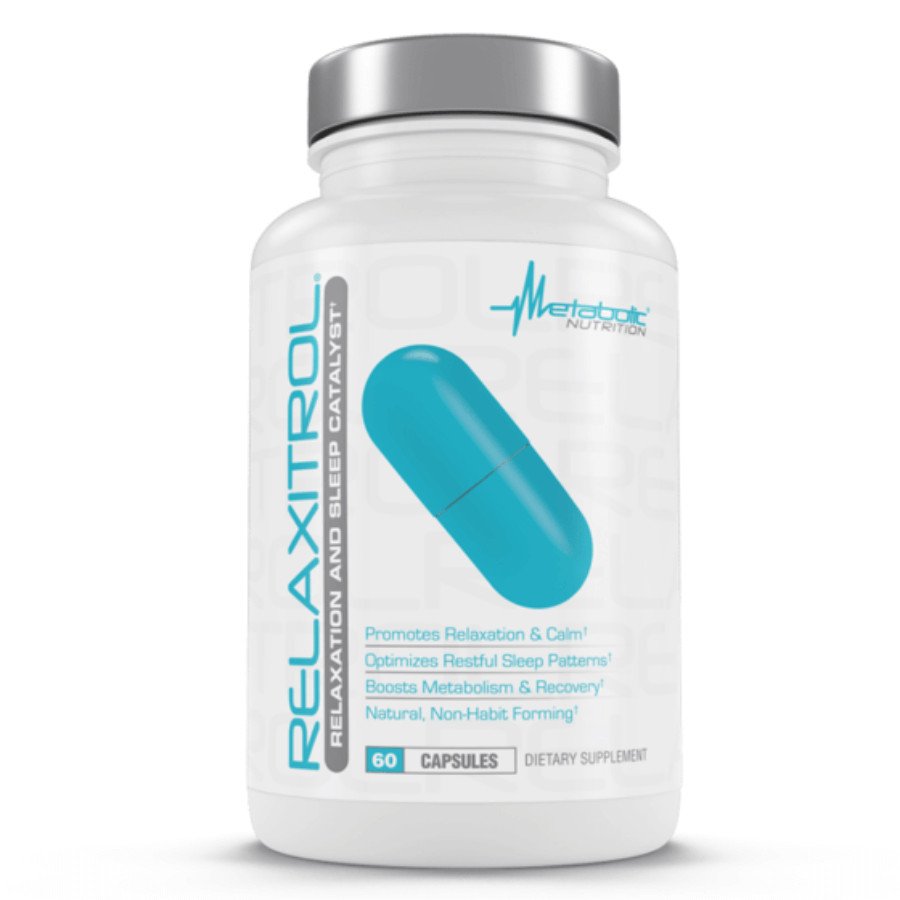Fish oil is a popular supplement derived from oily fish tissues, such as salmon, mackerel, and sardines. It is rich in omega-3 fatty acids, specifically eicosapentaenoic acid (EPA) and docosahexaenoic acid (DHA), essential for overall health. These fatty acids are crucial in various bodily functions, including brain health, heart health, and overall well-being. Fish oil has gained widespread popularity due to its numerous health benefits, making it a staple in many daily supplement routines.
Fish oil has been extensively studied for its potential health benefits, and research has shown that it can positively impact various aspects of health. From improving brain function to reducing the risk of heart disease, the benefits of fish oil are vast and well-documented. In addition to its physical health benefits, fish oil has also been linked to improved mental well-being, making it a valuable supplement for overall health and vitality.
The Impact of Fish Oil on Brain Health
One of the most well-known benefits of fish oil is its positive impact on brain health. The omega-3 fatty acids found in fish oil are essential for brain function and development. DHA, in particular, is a major structural component of the brain and is crucial for maintaining healthy cognitive function. Research has shown that regular consumption of fish oil can improve memory, concentration, and overall brain function. Additionally, fish oil has been linked to a reduced risk of age-related cognitive decline and neurodegenerative diseases such as Alzheimer’s and dementia.
-
Add
KK labz B-aba-Pheni 200g
£88.86AddKK Labz B-aba-Pheni 100g
£46.22Rated 5.00 out of 5AddRated 4.89 out of 5AddAddRated 4.33 out of 5Out of stockRated 5.00 out of 5AddOut of stockAddKoka Labz MK-677 30caps
£41.08AddAddAddAddFurthermore, fish oil has been found to have mood-boosting properties, making it beneficial for mental health. Studies have shown that omega-3 fatty acids can help alleviate symptoms of depression and anxiety and improve overall mood and emotional well-being. Incorporating fish oil into your daily routine can support your brain health and cognitive function, improving mental clarity and overall well-being.
The Role of Fish Oil in Heart Health
In addition to its impact on brain health, fish oil is also known for its positive effects on heart health. Omega-3 fatty acids have been shown to reduce the risk of heart disease by lowering triglyceride levels, reducing inflammation, and improving overall heart function. Regular consumption of fish oil has been linked to a decreased risk of heart attacks, strokes, and other cardiovascular diseases. Furthermore, fish oil can help lower blood pressure and improve cholesterol levels, leading to a healthier heart and circulatory system.
Research has also shown that fish oil can help prevent the formation of blood clots and plaque buildup in the arteries, reducing the risk of coronary artery disease and other cardiovascular complications. Incorporating fish oil into your daily routine can support your heart health and reduce the risk of developing heart-related conditions. Overall, the benefits of fish oil on heart health are well-established, making it a valuable supplement for maintaining a healthy cardiovascular system.
-
AddAdd
How Fish Oil Can Improve Overall Well-being
In addition to its specific impacts on brain and heart health, fish oil can improve overall well-being in various ways. Omega-3 fatty acids have anti-inflammatory properties, which can help reduce inflammation throughout the body and alleviate symptoms of chronic conditions such as arthritis and inflammatory bowel disease. Furthermore, fish oil has been linked to improved skin health, with studies showing that it can help reduce acne, eczema, and other skin conditions.
-
Add
Core Labs NZT Power 15caps
£50.79AddMoreover, fish oil has been found to support eye health by reducing the risk of age-related macular degeneration and dry eye syndrome. Additionally, omega-3 fatty acids are crucial in supporting the immune system and reducing the risk of chronic diseases. Incorporating fish oil into your daily routine can support your overall well-being and reduce the risk of developing various health conditions.
Recommended Dosage and Sources of Fish Oil
When incorporating fish oil into your health routine, it is essential to consider the recommended dosage and sources of fish oil. The American Heart Association recommends consuming at least two servings of fatty fish per week to meet your omega-3 fatty acid needs. For those who do not consume enough fish in their diet, fish oil supplements can be a convenient way to ensure an adequate intake of omega-3 fatty acids.
When choosing a fish oil supplement, look for products high in EPA and DHA, as these are the most beneficial omega-3 fatty acids for health. It is also essential to consider the purity and quality of the supplement, as some fish oils may contain contaminants such as mercury and PCBs. Look for products that have been third-party tested for purity and potency to ensure that you are getting a high-quality supplement.
The recommended dosage of fish oil can vary depending on individual health needs and goals. It is best to consult a healthcare professional to determine the appropriate dosage for your needs. Incorporating fish oil into your daily routine can effectively support your overall health and well-being.
Potential Risks and Side Effects of Fish Oil
While fish oil offers numerous health benefits, it is essential to be aware of potential risks and side effects associated with its use. When taking fish oil supplements, some people may experience digestive issues such as nausea, diarrhoea, or indigestion. Additionally, high doses of fish oil can increase the risk of bleeding, especially in individuals who are taking blood-thinning medications or have bleeding disorders.
Furthermore, some fish oil supplements may contain contaminants such as mercury and PCBs, which can pose health risks if consumed in high amounts. To minimize the risk of contaminant exposure, choosing high-quality supplements that have been third-party tested for purity and potency is essential.
It is also important to note that fish oil supplements may interact with certain medications, so it is essential to consult with a healthcare professional before starting a fish oil regimen, especially if you are taking any medications or have underlying health conditions. By being aware of potential risks and side effects associated with fish oil use, you can make informed decisions about incorporating this supplement into your health routine.
Conclusion and Final Thoughts on Incorporating Fish Oil into Your Health Routine
In conclusion, fish oil is a valuable supplement that offers numerous health benefits for the brain, heart, and overall well-being. The omega-3 fatty acids in fish oil support various bodily functions and can positively impact mental and physical health. By incorporating fish oil into your daily routine, you can support your overall health and reduce the risk of developing various health conditions.
When choosing a fish oil supplement, consider the recommended dosage and sources of fish oil to ensure you get a high-quality product that meets your specific health needs. Additionally, it is essential to be aware of potential risks and side effects associated with fish oil use and consult a healthcare professional before starting a new supplement regimen.
Fish oil can be a valuable addition to your health routine, providing numerous benefits for your brain, heart, and overall well-being. By making informed decisions about incorporating fish oil into your daily routine, you can support your overall health and vitality for years.
About the author
Cross The Limits
Cross The Limits is a passionate advocate for health, fitness, and well-being. Since 2018, we have been providing top-quality dietary supplements and vitamins across the UK. Based in Suffolk, our team is committed to helping you achieve your fitness goals with trusted products, expert advice, and unwavering support. Through our blog, we share valuable tips, insights, and the latest trends to inspire and guide you on your health and fitness journey.
Check other posts

What pre-workout supplements can you take every…
February 17th, 2026
Read more
Where to buy the strongest fat burner…
February 10th, 2026
Read more
How to choose the best muscle-building supplements.…
January 30th, 2026
Read moreRelated products
-
Add
KK labz B-aba-Pheni 200g
£88.86AddKK Labz B-aba-Pheni 100g
£46.22Rated 5.00 out of 5Add

























